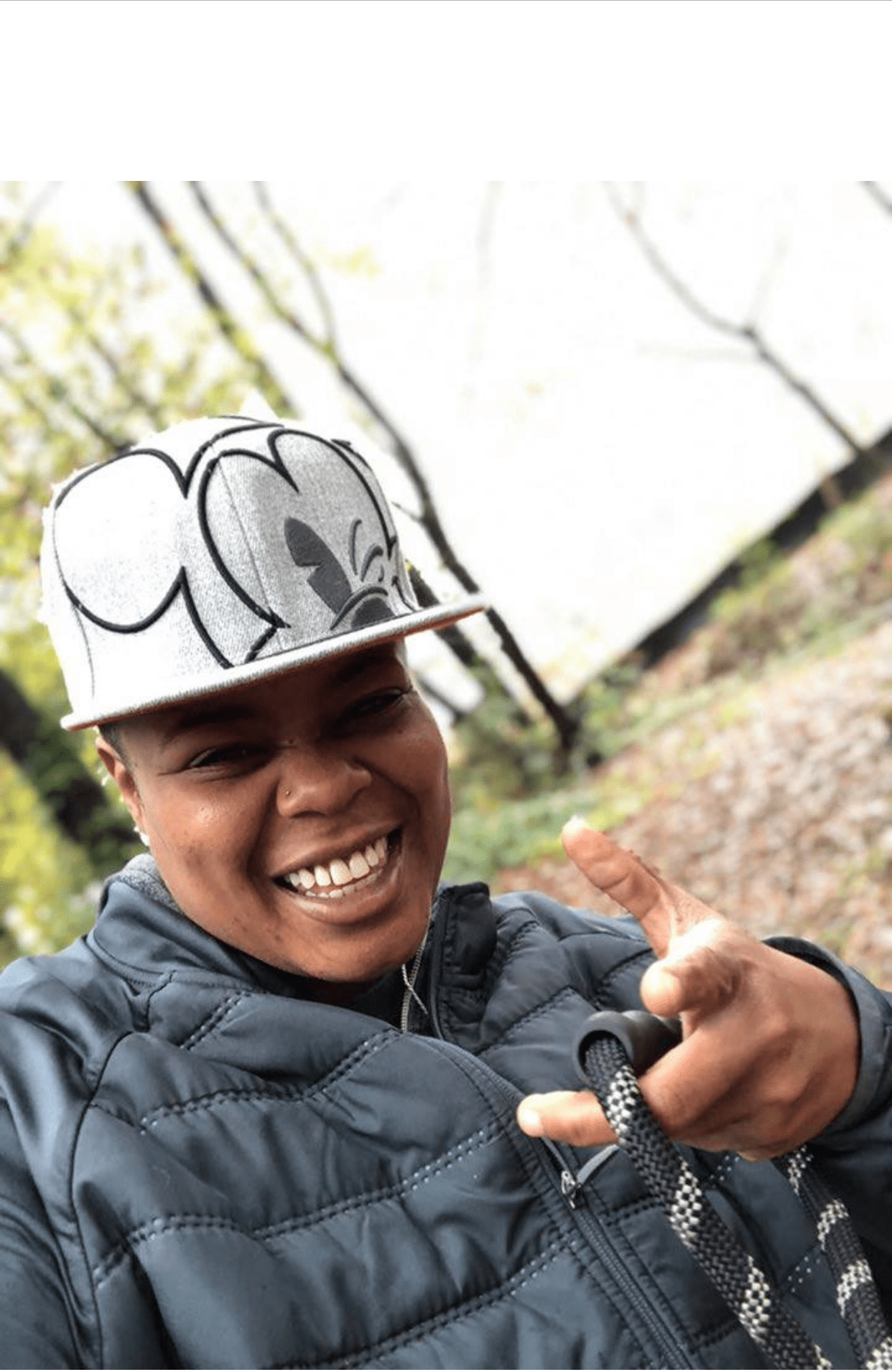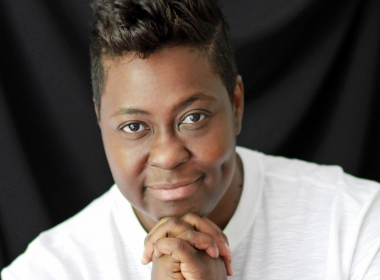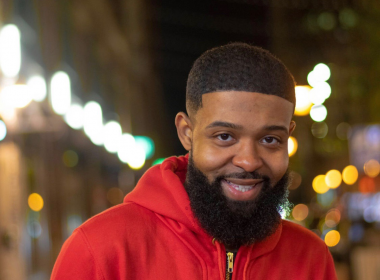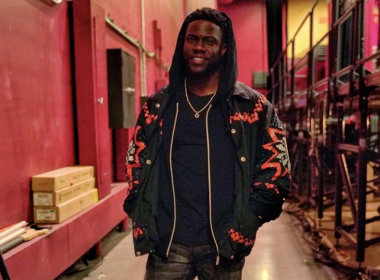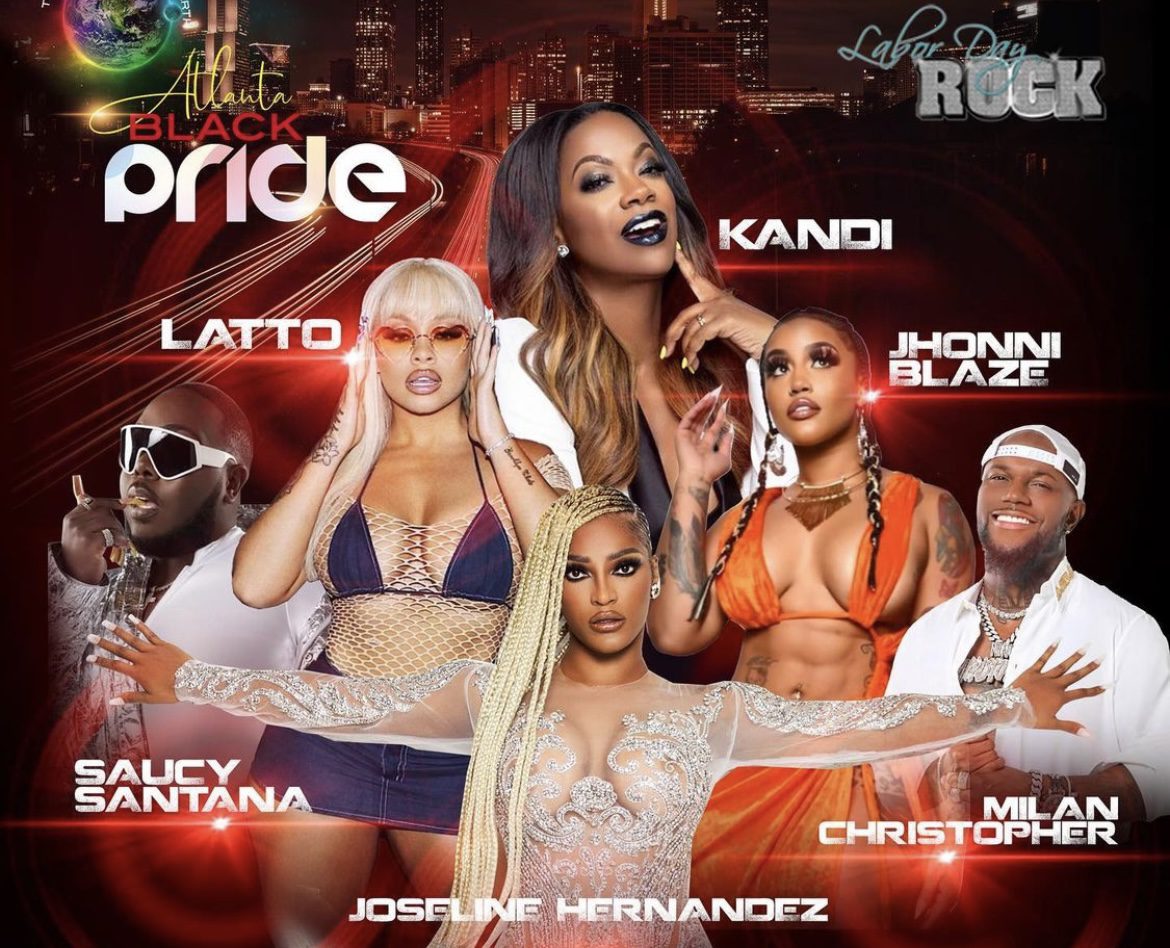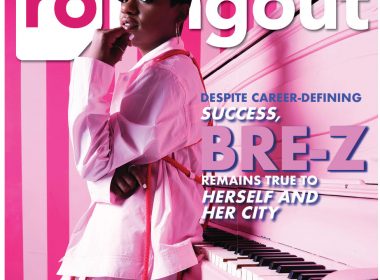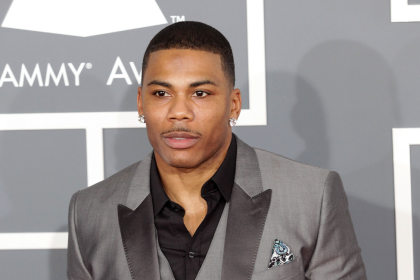
Harlem Pride started in 2010 as a gathering of friends and neighbors in celebration. The event grew into a block party which hosted over 3,000 guest on 119th Street. Carmen Neely, the current president of Harlem Pride, discusses what this event means to the Harlem and the LGBTQ/SGL community.
Why do you think Pride events are important to LGBTQ individuals?
Pride events are important to LGBTQ individuals because it gives us a chance to come together as a community and celebrate who we are.
What challenges, if any, have you faced incorporating Harlem Pride into the community?
One year, 2011, we had some churches verbalize that they didn’t want our celebration to happen in a park near their buildings. Other than that, the Harlem community as a whole really has welcomed us with open arms.
Biggest challenge faced in the black LGBTQ community? What small steps can be taken overcome it?
I think the biggest challenge faced in the black LGBTQ community is the challenge to own our own identity. We are constantly being put into one statistical box or another which makes us invisible to the larger society as individuals. We become acronyms (MSM, WSW, top, bottom, more like to have HIV, etc) and are no longer seen as the unique set of individuals that we are.
Your reaction to the DOMA ruling just days after the ruling against Section 4 of the Voting Rights Act?
I was very disappointed with the ruling against Section 4 of the Voting Rights Act and very happy with the demise of DOMA. However, the demise of DOMA was bitter sweet because here we have upheld the constitutional rights of SGL/LGBT citizens, but then reneged and took two steps backward on the Voting Rights Act. The states that are now changing their election laws will do so to the total disenfranchisement of many minority persons. The Supreme Court failed America on the Voting Rights Act, and it certainly feels like a slap in the face.
What do you want your legacy to be?
Harlem Pride has an annual award ceremony in which we celebrate and honor the efforts of Same Gender Loving/LGBT community members who carry on traditions of political activism, advocacy, and community building, and who engender respect for ourselves and others, thus creating a Legacy of Pride. I want to live up to this standard and leave a Legacy Pride that will exist and thrive in Harlem long after I am dead and gone.

